Stress-Free, Meaningful: The Mental Health Benefits of a Slow Travel Approach
Muhe - Wednesday, 16 July 2025 | 05:30 PM (WIB)


Unpacking the 'Slow' in Travel
So, what exactly are we talking about when we say "slow travel"? It’s not about moving at a snail's pace, though sometimes it might feel like it in the best possible way. Think of it as the antithesis of the typical tourist dash. Instead of a whirlwind tour hitting five cities in seven days, slow travel encourages you to linger. It’s about choosing depth over breadth, quality over quantity. You might pick one region, or even one town, and really immerse yourself. Spend a week, two, or even a month, getting to know the rhythm of the place, its people, its local haunts. It's less about the Instagram checklist and more about finding those quiet, soul-stirring moments. Let's be real: the typical vacation blueprint often sets us up for disappointment. We meticulously plan every minute, cramming in attractions, often waking before the sun to catch a flight, only to collapse into bed utterly drained. There's the pressure to "maximize" every moment, the fear of missing out (FOMO) on that one iconic landmark, and the constant digital tether pulling us back to work or social media. Frankly, it’s exhausting. This kind of travel can amplify anxiety, disrupt sleep patterns, and leave us feeling more depleted than refreshed. It's like trying to drink from a firehose – you get soaked, but you don't actually quench your thirst.The Unseen Therapy: Mental Health Perks of Taking it Easy
Reduced Stress & A Deeper Breath
The most immediate and perhaps obvious benefit of slow travel is the dramatic reduction in stress. When you're not constantly racing against the clock, you naturally feel more relaxed. There's no frantic rush to catch the next train or squeeze in one more museum. You have the luxury of spontaneity, of changing your mind, of simply sitting at a cafe for an hour, watching the world go by. This deceleration allows your nervous system to calm down, reducing cortisol levels and giving your brain a much-needed break from constant decision-making and external stimuli. It’s like hitting the reset button for your entire being.Meaningful Connections & Authentic Experiences
When you stay longer in one place, you start to scratch beneath the surface. You move beyond the tourist traps and begin to discover the real heart of a community. This allows for genuine interactions with locals – maybe learning a few phrases, sharing a meal, or getting recommendations for hidden gems not found in any guidebook. These authentic connections, whether with people or with the local culture, foster a sense of belonging and meaning that superficial sightseeing simply can't provide. It enriches your perspective and makes the experience profoundly more memorable than just a pretty picture.Cultivating Mindfulness & Presence
Slow travel inherently nudges you towards mindfulness. Without a packed itinerary, you're more attuned to your surroundings. The scent of fresh bread from a local bakery, the sound of church bells in the distance, the warmth of the sun on your skin as you stroll through a park – these subtle sensory details become more prominent. You're not just observing; you're truly present in the moment. This practice of being fully aware, without judgment or distraction, is a cornerstone of mental well-being, helping to quiet the incessant chatter of the mind and fostering a sense of inner peace.Genuine Recharge, Not Just a Change of Scenery
Let’s face it, many "vacations" are just a change of scenery, not a true recharge. But slow travel offers the opportunity for genuine rest. It allows your body and mind to truly decompress. You can maintain a healthier routine, get adequate sleep, and eat well, rather than relying on quick airport meals or rushed restaurant stops. This sustained period of lowered stress and increased well-being isn't just a temporary fix; it can lead to lasting improvements in mood, energy levels, and overall resilience long after you've returned home. It's an investment in your long-term mental capital.Rediscovering Joy & Curiosity
Remember that childlike wonder you once had? Slow travel helps reignite it. When you're not rushing, you have the space to follow your curiosities. Maybe it's spending an entire afternoon lost in a bookstore, or trying your hand at a local craft, or simply meandering down a charming alleyway because it caught your eye. These unhurried explorations foster a sense of joy and discovery that's often squashed by rigid schedules. It reminds us that sometimes, the greatest adventures aren't grand spectacles, but the quiet, unexpected moments that truly fill our cup.Making the Shift: Your Guide to a More Mindful Journey
- Stay Longer: Instead of hitting multiple cities, pick one or two and dedicate ample time to each. Think a week minimum, ideally more.
- Live Like a Local: Rent an apartment or a house instead of constantly changing hotels. Shop at local markets, cook some of your meals, and explore neighborhoods beyond the main tourist drag.
- Embrace Public Transport & Walking: Ditch the cabs and hop on a bus, tram, or train. Better yet, walk! It's an incredible way to absorb the atmosphere and stumble upon hidden gems.
- Follow Your Impulses: While some planning is good, leave room for spontaneity. If a local festival pops up, or you hear about a cool workshop, go for it!
- Unplug (Seriously): Resist the urge to constantly scroll or post. Be present. Let your phone be a tool, not a tether.
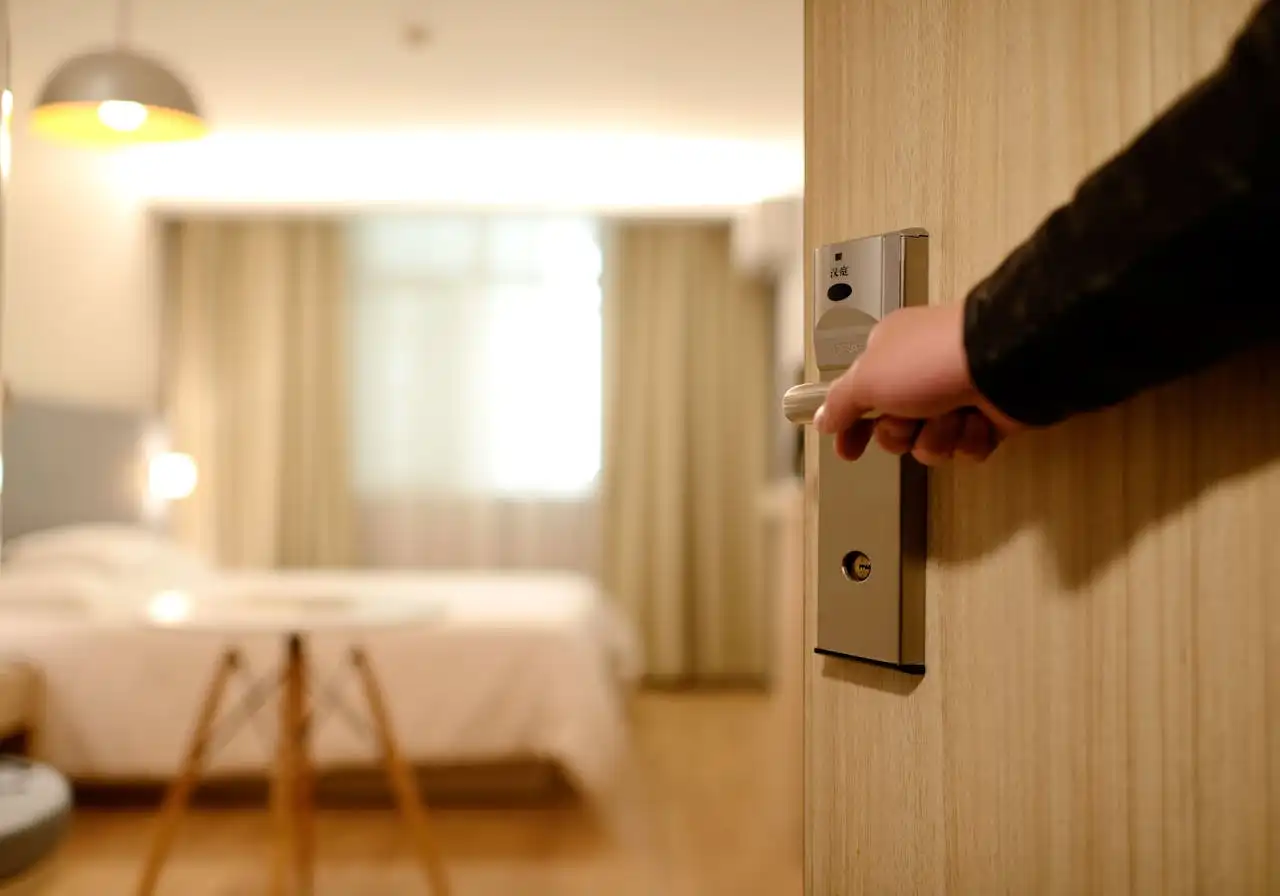
Your Ultimate Guide to Nailing That Weekend Getaway Hotel Stay
6 months ago
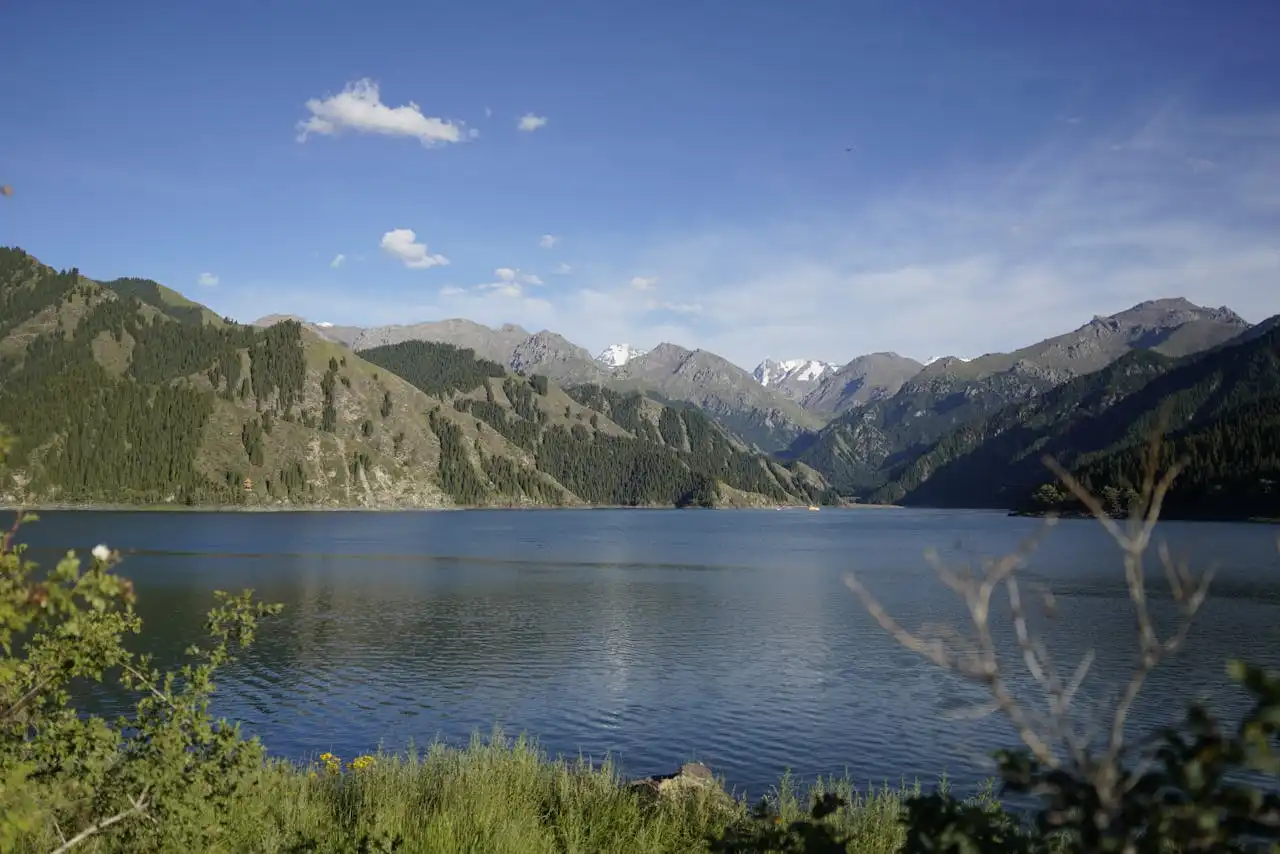
Secret Natural Beauty: What are Kazakhstan's Must-Visit Natural Tourist Attractions?
6 months ago
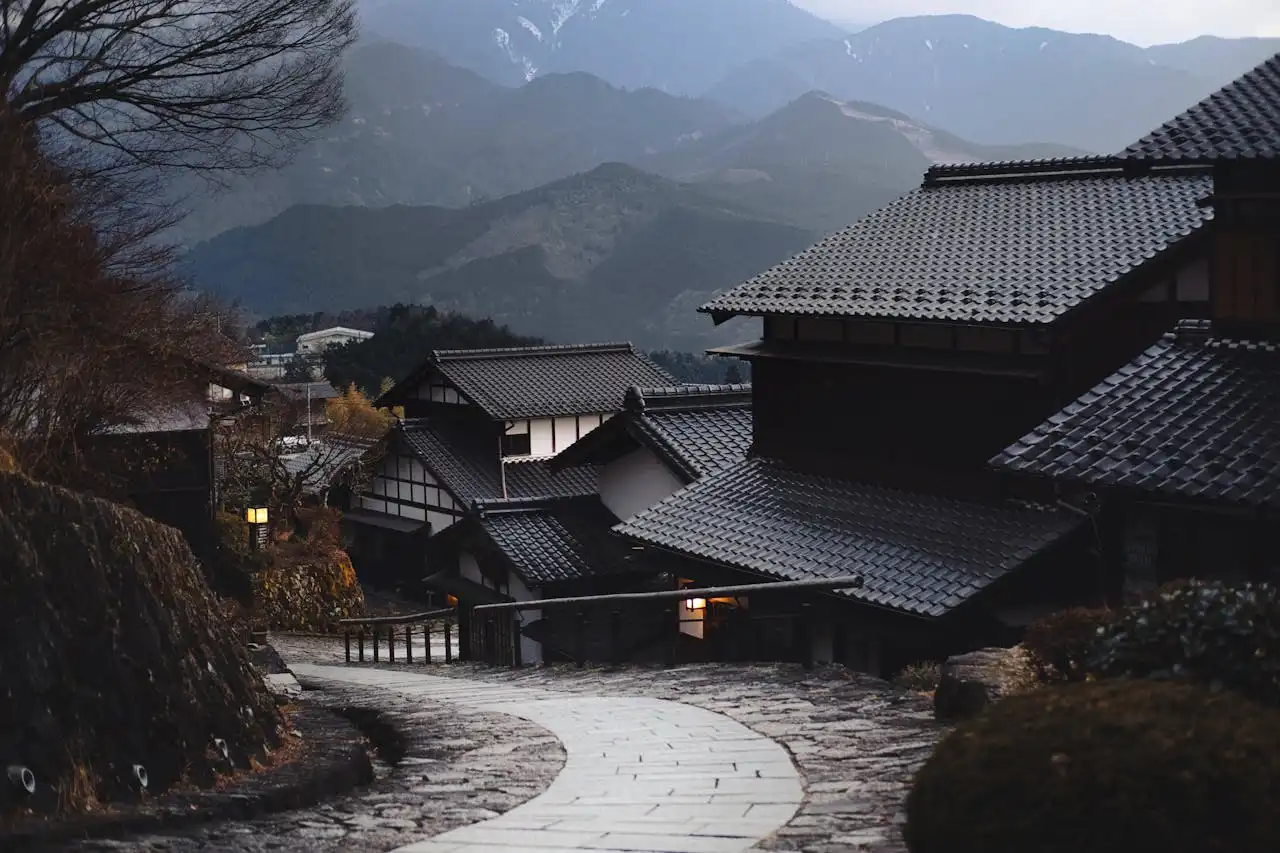
New Travel Rules for Japan in 2025: What Travelers Need to Know
6 months ago
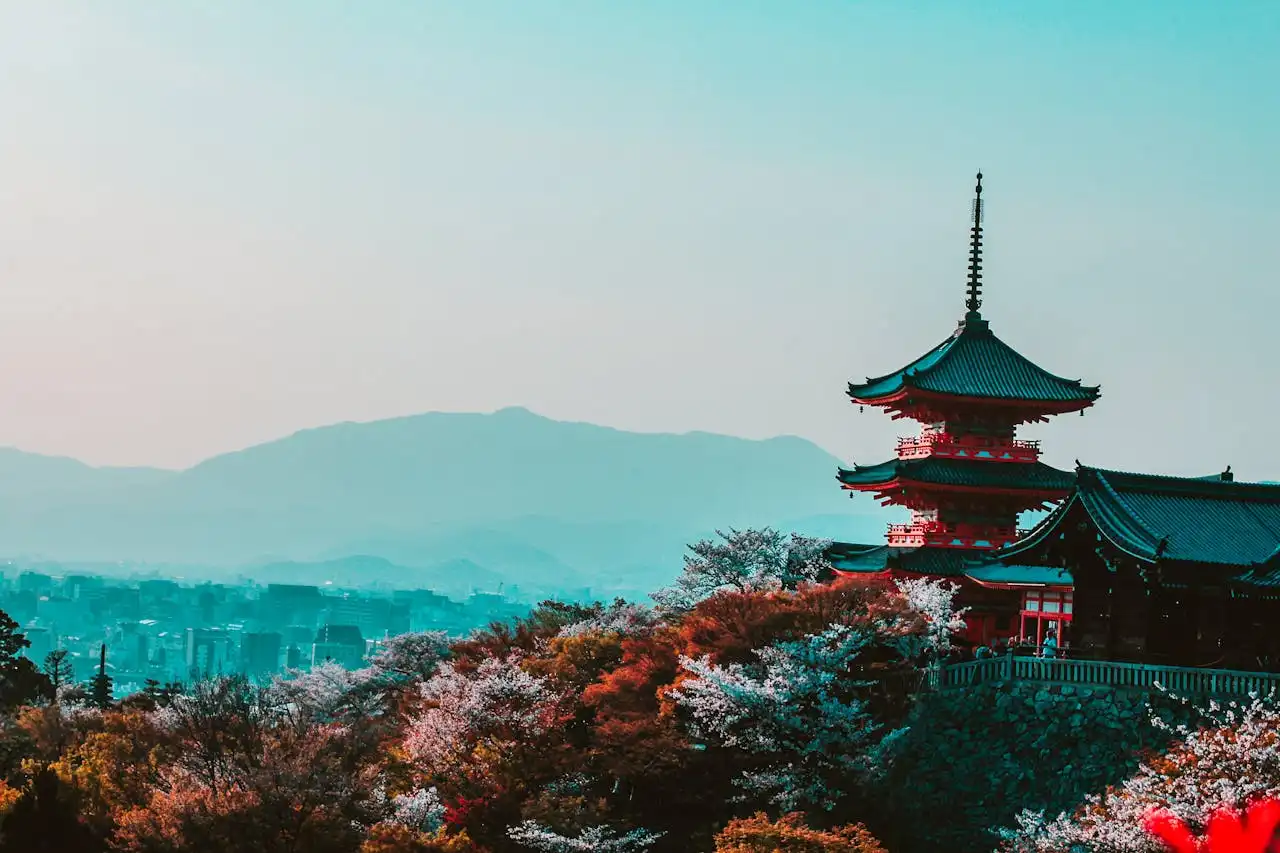
Beyond the Beaten Path: Unveiling Japan's Next-Level Hidden Gems
6 months ago

From Blighty to Bali: Why Japan and Indonesia Are Stealing British Hearts (and Holiday Plans)
6 months ago

Forget What You Heard: Malaysia is the Climbing Paradise You Never Knew Existed
6 months ago

Your Solo Staycation Survival Guide: How to Ace That Me-Time Without a Hitch
6 months ago
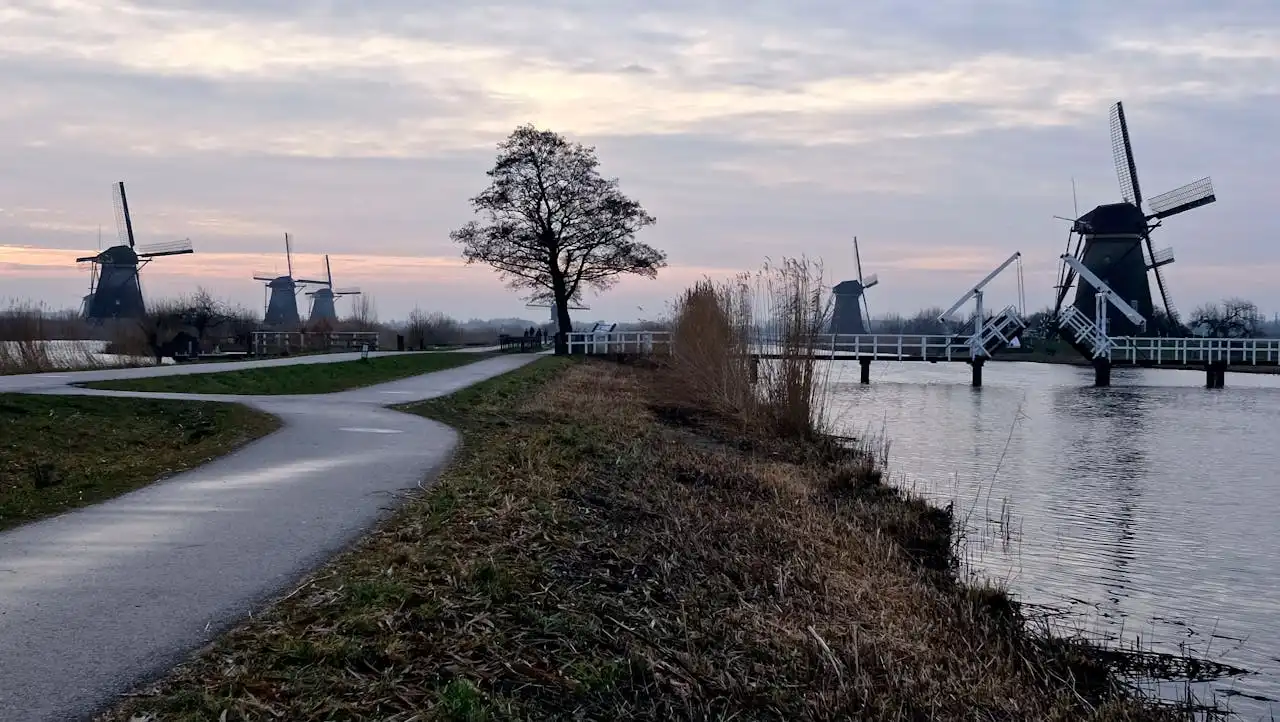
Windmills and Wallets: Kinderdijk's Iconic Landscape Faces a Fee Furore
6 months ago
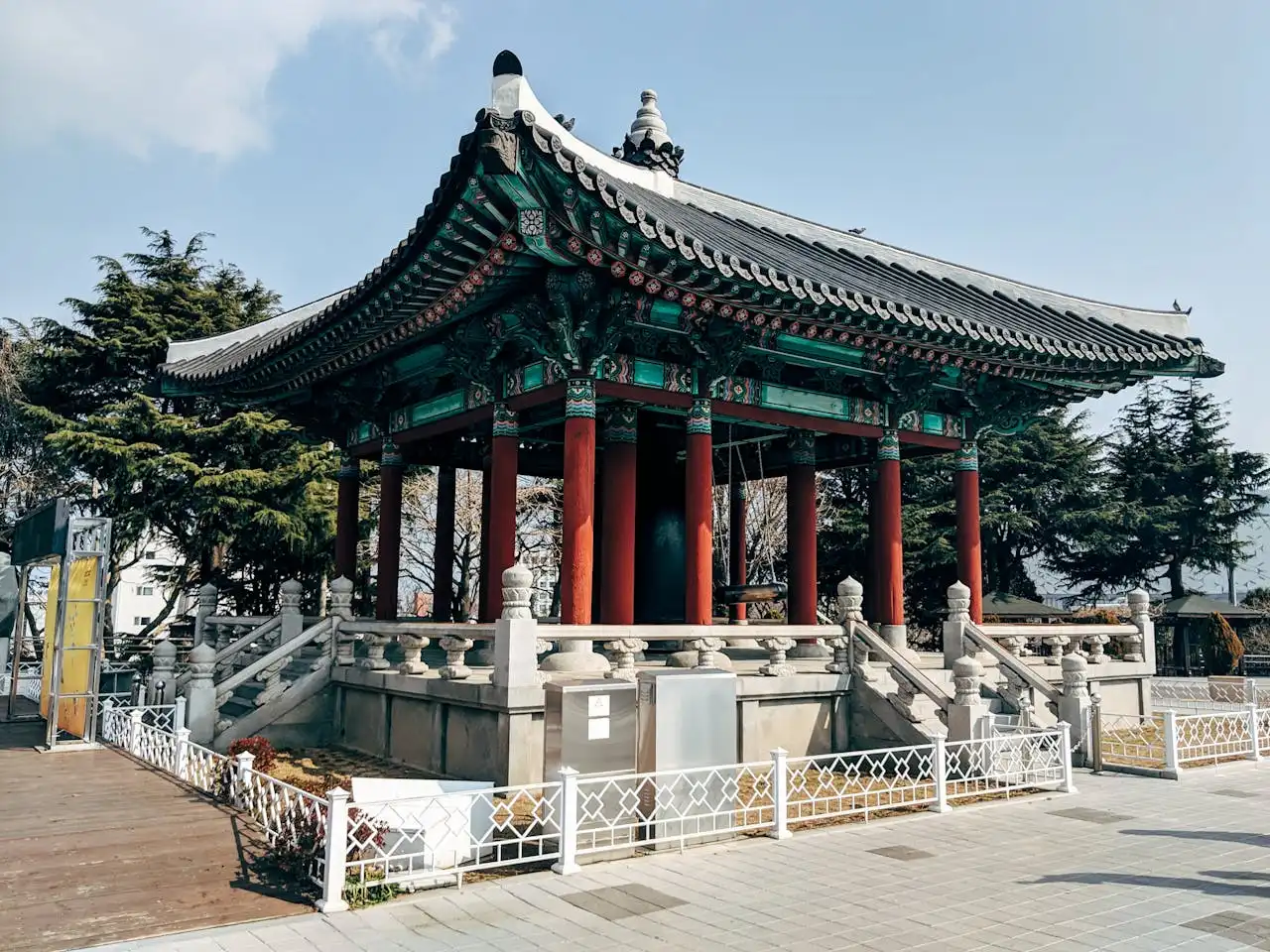
From Screen to Scene: How K-Dramas Are Turning Filming Locations into Fan Pilgrimages
6 months ago
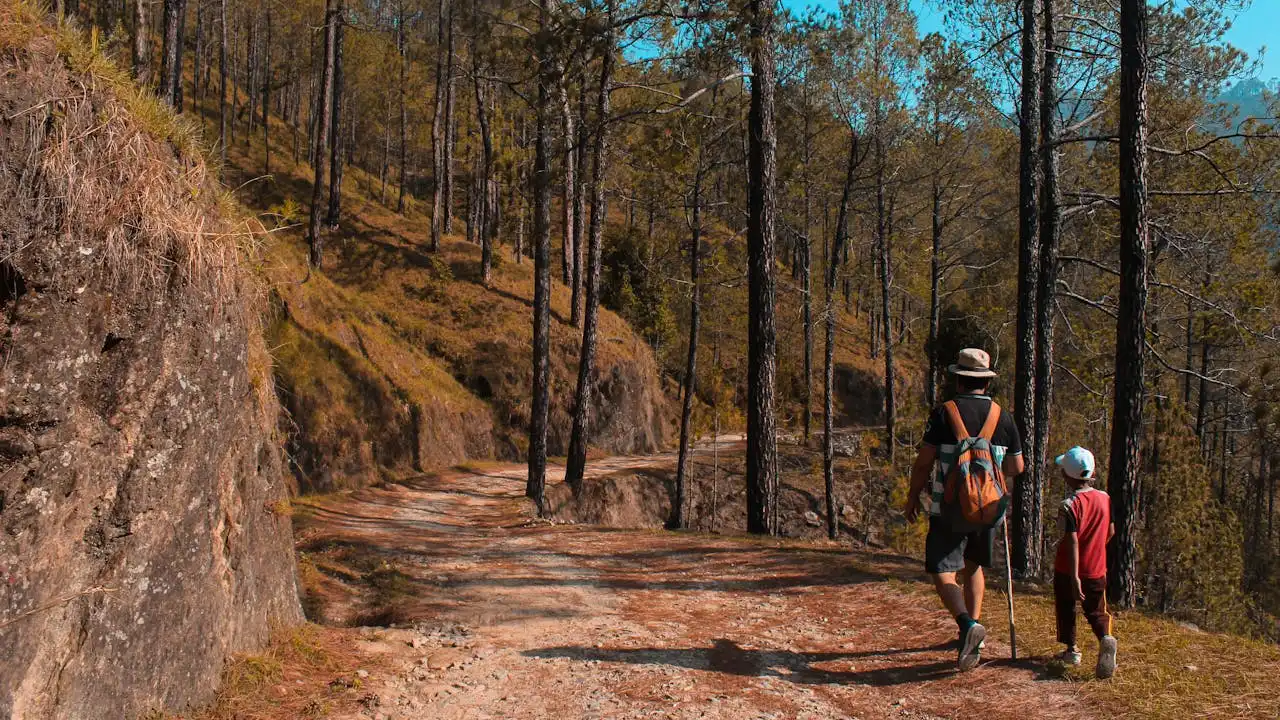
Want to Start Backpacking? These Countries Offer Captivating Beauty at Low Cost
7 months ago
